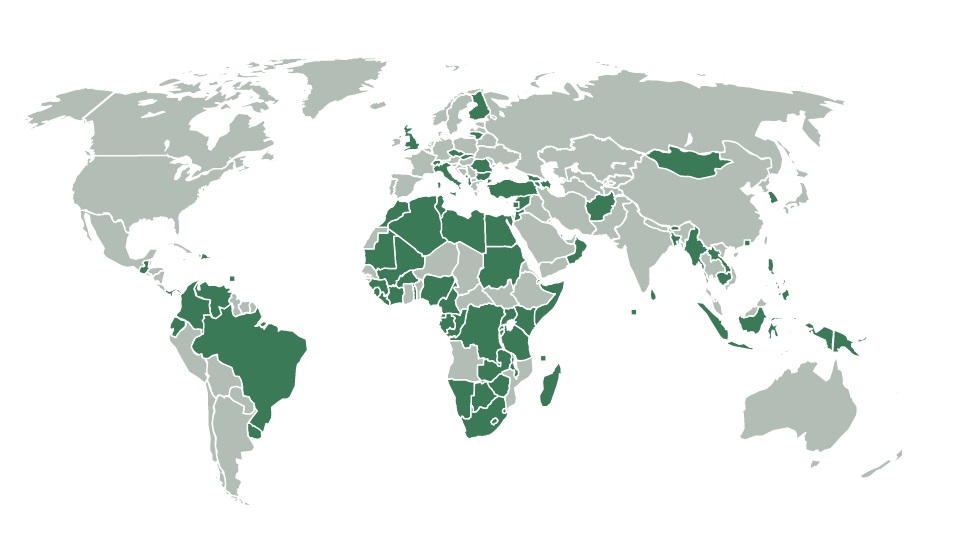According to the previous report of the International Comparison Program (ICP) released in 2005, The ICP estimated China's economy to be less than half the size of the
United States, just 43% . According to the new edition based on the data collected for 2011, the Chinese
GDP was equal to 87 % of the American one. Therefore, the 2011 results still positioned the
United States as the largest economy in the world, followed closely
by China 'if the calculation is made on the cost of real life, or on a
purchasing power parity ( " purchasing power parity " , PPP ). However, the IMF
now expects China's economy to grow by 24% between 2011 and 2014 , while
the United States will increase by only 7.6%. In these circumstances,
China is likely to overtake the United States this year as most important economy. Hence, it will be the first time since 1872 - when it passed the United Kingdom - that the U.S. will not longer be the first world economic power.
Among the members of the G8, positions remain unvaried. However, the study is revolutionizing the image of the global economic
landscape , increasing the importance of large middle-income countries.
India becomes the third-largest economy, was in tenth place in 2005.
The size of its economy has almost doubled: from 19% of the GDP of the
United States in 2005 increased to 37 % in 2011. Russia, Brazil,
Indonesia and Mexico (BRICS countries) are part of the top 12 in the global table.
In
contrast, high costs and lower growth push the UK and Japan behind the
United States with respect to the tables in 2005, while Germany has
improved its relative position and Italy remained in eighth place. The
world's rich countries still account for 50 % of global GDP , while
representing only 17% of the world population.
The report also found that the four most expensive countries to live in
are Switzerland, Norway, Bermuda and Australia while the cheapest are
Egypt, Pakistan, Myanmar and Ethiopia.















